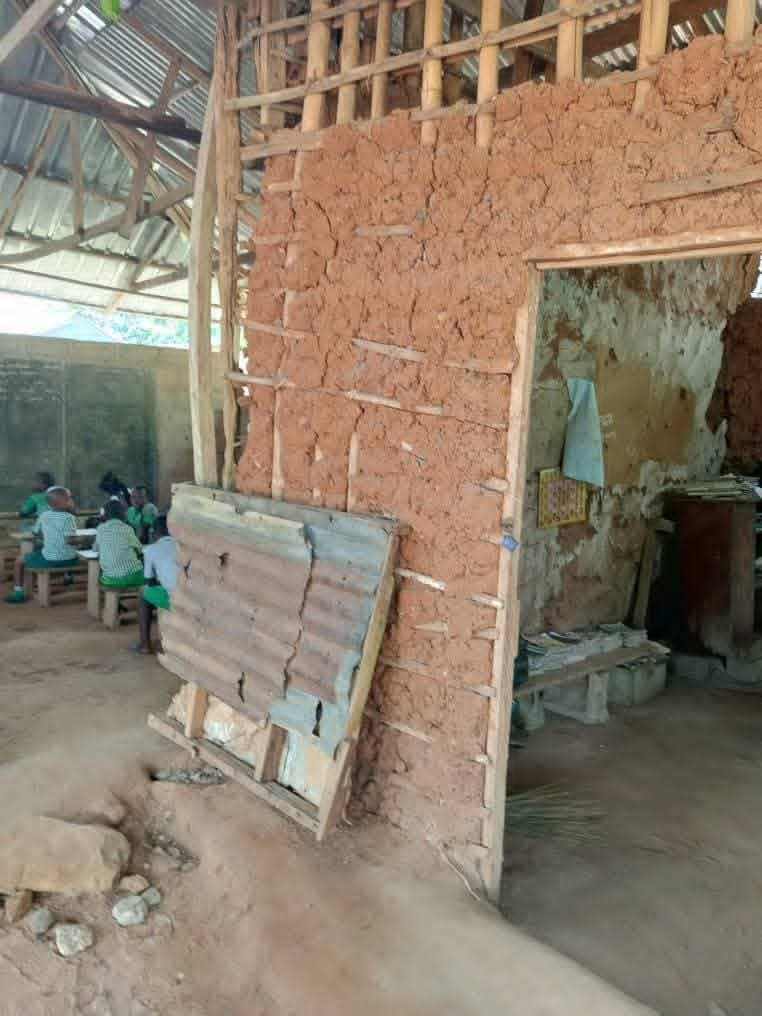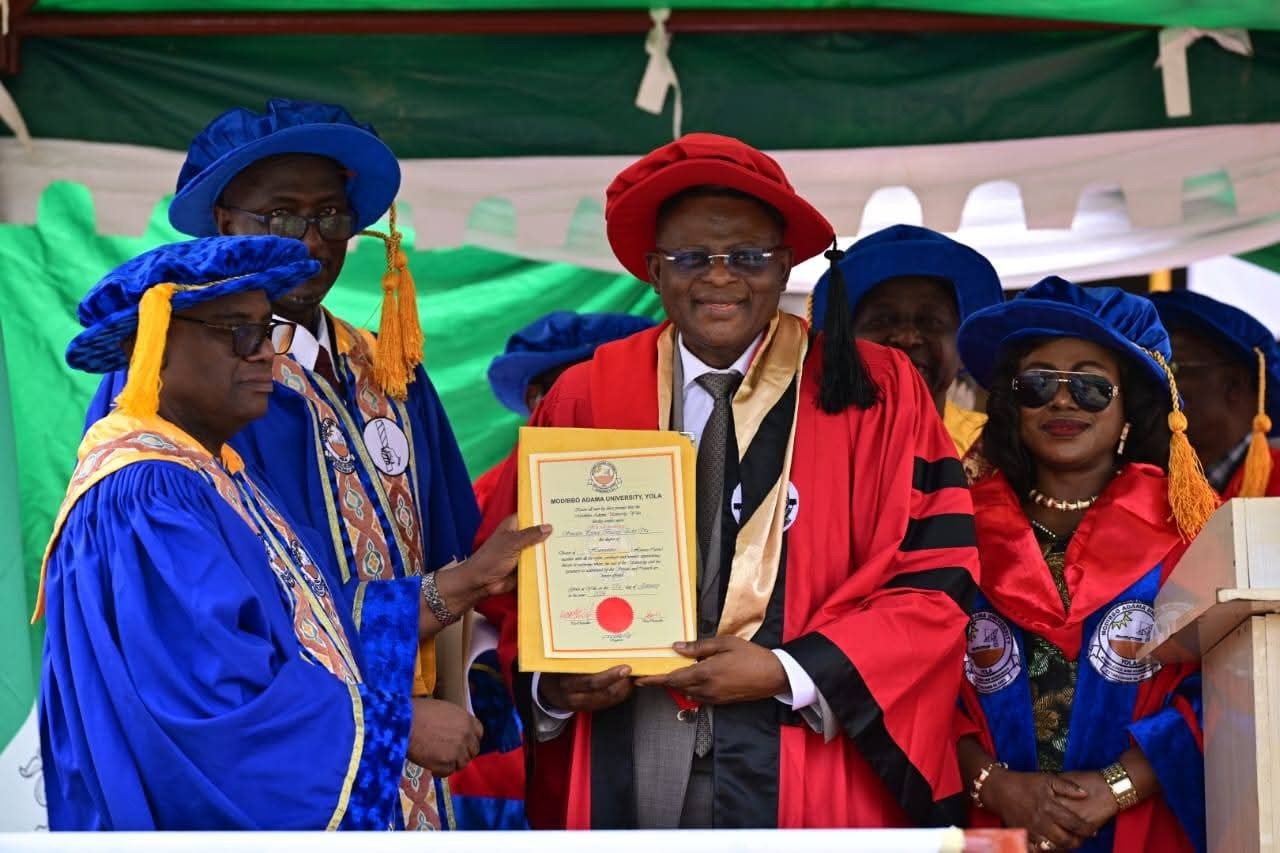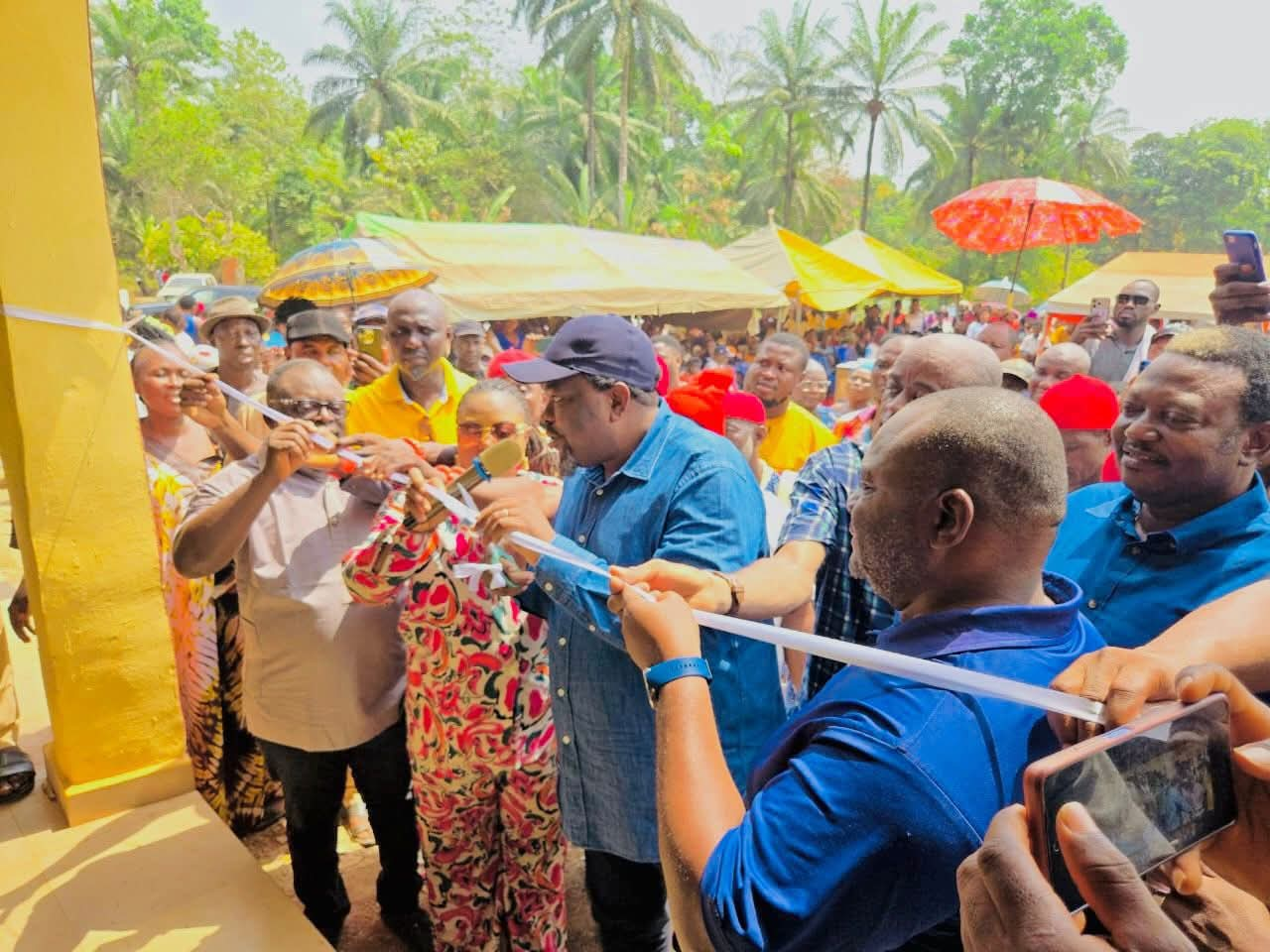
In the labyrinthine corridors of governance, few tasks rival the formidable and intellectually rigorous enterprise of lawmaking. It is a laborious engagement, an intricate dance of political sagacity, legal profundity, and an unwavering commitment to the common good. Yet, amidst the cacophony of public expectation, there persists a chronic misapprehension of the primary function of legislators, often reducing their exalted role to mere dispensers of infrastructure rather than the grand architects of societal transformation through legislative alchemy.
To be elected into a legislative assembly, whether at the national, state, or local government level, is to be burdened with an onerous obligation, one that demands an unflinching dedication to the rigors of policy formulation, robust debate, and the crafting of laws that constitute the bedrock of a just and functional society. It is, in every respect, an undertaking that requires intellectual acuity, legislative dexterity, and an unassailable grasp of sociopolitical dynamics.
The Quintessence of Legislative Function
Legislation is neither whimsical nor pedestrian; it is the fulcrum upon which democratic governance pivots. The meticulous drafting, scrutiny, and eventual enactment of laws demand both forensic precision and a perspicacious appreciation of the needs of the polity. The legislator, therefore, is not a mere purveyor of bricks and mortar but a visionary whose principal charge is to sculpt the legal and developmental framework upon which the prosperity of a people rests.
The mischaracterization of legislators as primary dispensers of physical projects betrays a fundamental misunderstanding of governance. Constituency projects, noble as they are, ought to be seen as the corollary of effective legislative representation rather than the nucleus of a lawmaker’s mandate. It is through the articulation of policies, sponsorship of bills, and strategic engagements that representatives secure the resources and frameworks that translate into developmental milestones. To demand otherwise is to subvert the essence of parliamentary governance and reduce legislative duty to an anachronistic patronage system that negates the principles of modern democracy.
Abi-Yakurr Representatives: A Bastion of Legislative Excellence
The Abi-Yakurr people, renowned for our political consciousness and erudition, have been blessed with representatives whose legislative exertions have been both sagacious and impactful. In the hallowed chambers of the National Assembly, our sons and daughters have not been idle spectators but indefatigable gladiators, waging battles for equitable policies, economic inclusion, and the infrastructural needs of our people. They have over the years demonstrated commendable acumen in navigating the legislative architecture, ensuring that the voice of our people reverberates in the annals of national decision-making.
At the local government level, the onus of governance has been shouldered with a level of commitment that belies the paucity of federal allocations. The sagacity of our chairmen, councilors, and other political actors has been evident in their efforts to balance administrative efficiency with the imperative of rural development. Against the backdrop of economic stringency, these men and women have not capitulated to the exigencies of the times but have instead devised innovative governance models to keep the wheels of local administration grinding.
The Imperative of Collaboration and Support
If the Abi-Yakurr people desire greater dividends of democracy, it is incumbent upon the citizenry to foster a symbiotic relationship with their representatives, one that is predicated on understanding, patience, and constructive engagement. Legislators thrive when their constituents appreciate the contours of their responsibilities, support their initiatives, and offer them the latitude to discharge their mandate without undue distractions. A society that pillories its lawmakers, denigrating their roles and burdening them with unrealistic expectations, inadvertently undermines its own developmental trajectory.
To this end, let it be underscored that our representatives require not only our confidence but also our collective wisdom in charting the course for a prosperous Abi-Yakurr. Let us, therefore, cease from the reductive expectation that they must don the garb of direct executors of infrastructural projects and instead recognize them as the legislative vanguards whose primary duty is to enact laws, advocate for resources, and ensure policy alignments that benefit the entirety of our people.
A Call to Rational Engagement
The business of lawmaking is neither theatrical nor cosmetic; it is an intellectual, strategic, and profoundly consequential endeavor. It is high time we recalibrated our perceptions and aligned our expectations with the true essence of parliamentary representation. As Abi-Yakurr’s legislative torchbearers continue to uphold the dignity of our people in the corridors of power, let us stand as partners in progress, affirming their roles, amplifying their successes, and engaging them with wisdom rather than misplaced demands.
History shall judge this generation not merely by what it received from its leaders but by how it empowered them to succeed. Let us, therefore, be counted among the enlightened, the sagacious, and the farsighted—those who understand that the true legacy of representation lies not merely in the tangibility of projects but in the enduring institutional frameworks that guarantee development for generations unborn.
Sam Eno, PhD, wrote in from Abuja.














